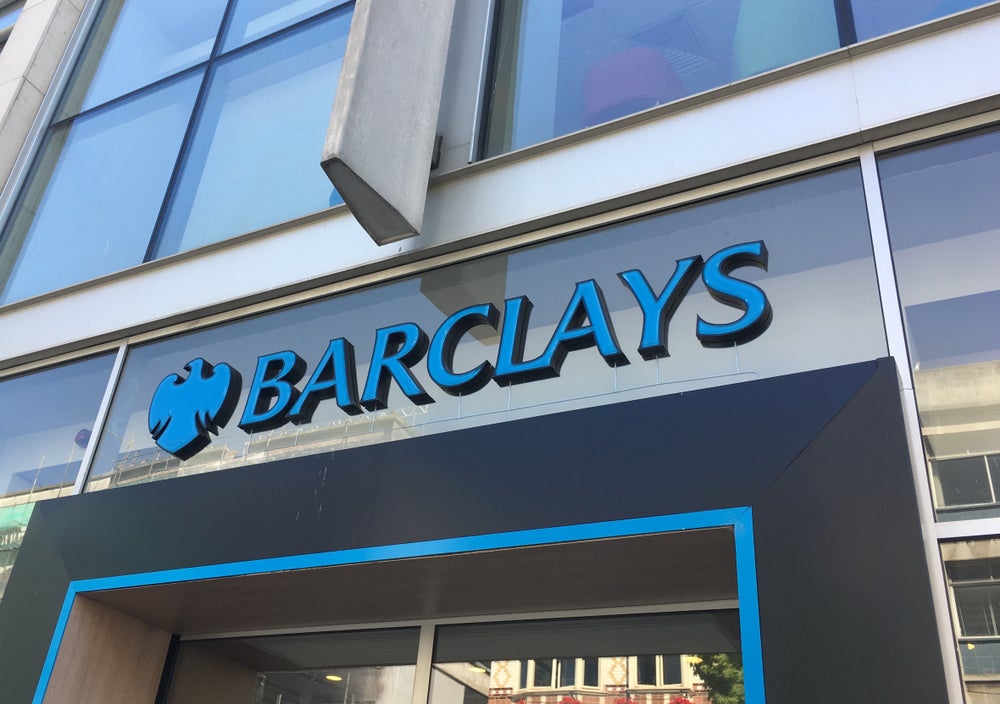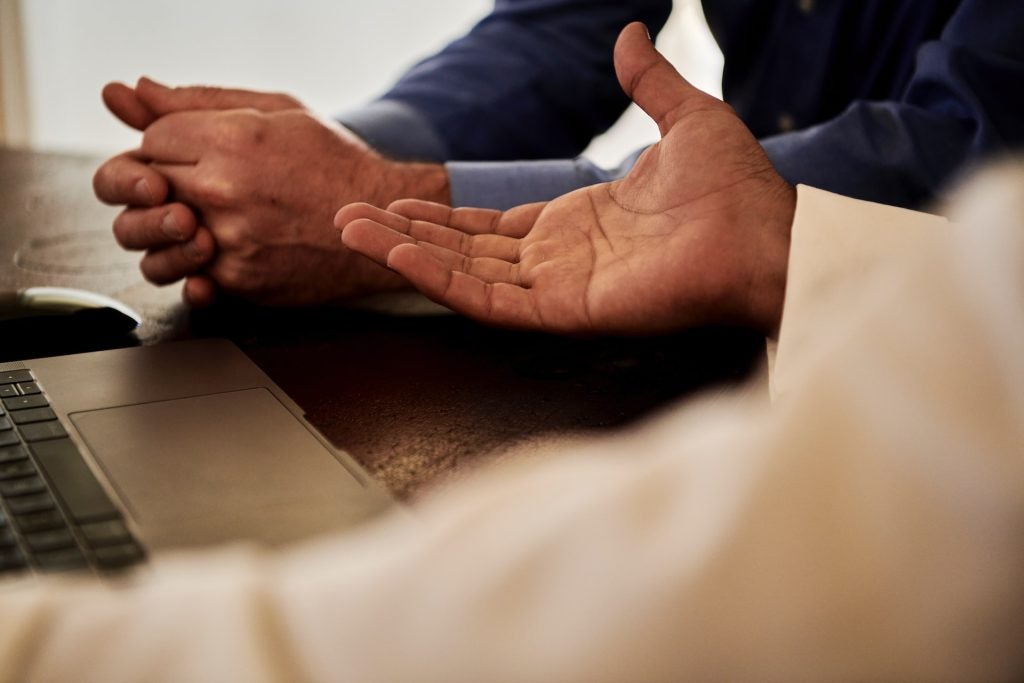For many years now, impact investing has been somewhat of a buzzword, used fluidly to describe investing opportunities intended to support the UN’s sustainability goals. The Covid-19 pandemic has thrown into sharp relief the very real opportunities for impact investing to not only lead to strong returns, but also to address some of the very real problems that the world currently faces, and entrepreneurs are meeting this demand head-on. Aurélien Drain writes
The changing attitudes of next gen entrepreneurs
Attributing this trend merely to the pandemic, however, would be unfair to the many entrepreneurs who have been examining the possibilities for socially responsible ventures for some time. Today’s next generation of founders are young, globally-minded and deeply interested in addressing the problems present in the world around them, both through their business’ long-term sustainability impact, and through their business models directly.
To take a few examples of environmental impact, in France, we are seeing entrepreneurs embracing organic products in cosmetics entrepreneurship such as Respire, or in fashion we’re seeing businesses such as Le Slip Français focus on local production and home-grown supply chains with low carbon impact. This crisis has thrown into sharp relief the chinks in the food supply chain, and some more established new businesses are seeing the benefit and impact of their value proposition in a fresh light.
For example, French food waste start-up PHENIX are connecting supermarket chains with non-profits to create a circular economy, the impact of which is more tangible today than ever before.
However, the Covid-19 crisis has highlighted the need to not only focus on the ‘E’ or environmental factors of ESG, which has long been the focal point of the acronym. It has also cast a light onto the ‘S’ or social aspects.
We can see this shift in emphasis as entrepreneurs look to simplify communications processes with employees and users, and focus on transparency and wellbeing. For example, Edtech companies like Klassroom are connecting teachers and parents using apps in order to develop a sense of community whilst schools are in lockdown, simplifying the communication process in doing so.
How well do you really know your competitors?
Access the most comprehensive Company Profiles on the market, powered by GlobalData. Save hours of research. Gain competitive edge.

Thank you!
Your download email will arrive shortly
Not ready to buy yet? Download a free sample
We are confident about the unique quality of our Company Profiles. However, we want you to make the most beneficial decision for your business, so we offer a free sample that you can download by submitting the below form
By GlobalDataThe Covid-19 pandemic has accelerated investors’ appetites for impact opportunities
Whilst it might be too early to say that the overall investing landscape will change fundamentally after Covid-19, it is highly likely that the pandemic will accelerate the movement towards investing in businesses focusing on impact and purpose. In greater numbers, investors are responding by making direct ‘angel’ investments through to taking out private equity. We are also seeing a growth in funds, for example, some entrepreneurs are developing their own investment funds and structures, known as ‘startup studios’ or accelerators, to support young entrepreneurs and new business ideas.
This means that, despite the huge disruption that Covid-19 has brought, good ideas are managing to raise capital, particularly in the digital, cyber-security and technology spaces.
In recent months, we’ve watched a Fintech established to advance touch payment systems raise €40m, while €110m was raised by French recycled mobile phone company BackMarket to develop a circular economy for digital devices. ALAN, a new, mature insurtech company has also recently raised €50m to digitise and simplify health insurance services and the user experience for customers.
As a strategic partner of entrepreneurs, we know that we have a key role to play. We have developed a dedicated proposition in collaboration with our Commercial and Investment Banking divisions to meet demand. Our own “Incubator” team specialises in fast growing companies, connecting NewGen Entrepreneurs with potential investors such as Family Offices, Investment funds or UHNWIs.
The next generation of entrepreneurs was already thinking differently about purpose and impact prior to Covid-19, using their businesses to deliver positive impact for their communities. In the new environment, the relevance of that has become even more important. In times of crisis, putting purpose first is a sure indication of the benevolence and purpose-driven mindset of the entrepreneurial community.
It’s perhaps their more mature peers for whom this crisis will be a real turning point, to realise that they too can change their business models. For mature business ventures, with high cash reserves and a good degree of flexibility, entrepreneurs will have to react not only in terms of the ways in which they work to adapt to the coronavirus crisis, but also pivot to meet the change in consumer habits by offering products and services that meet with their higher expectations in terms of delivering impact.
Aurélien Drain is the head of business development & next generation entrepreneurs at HSBC Private Banking.







